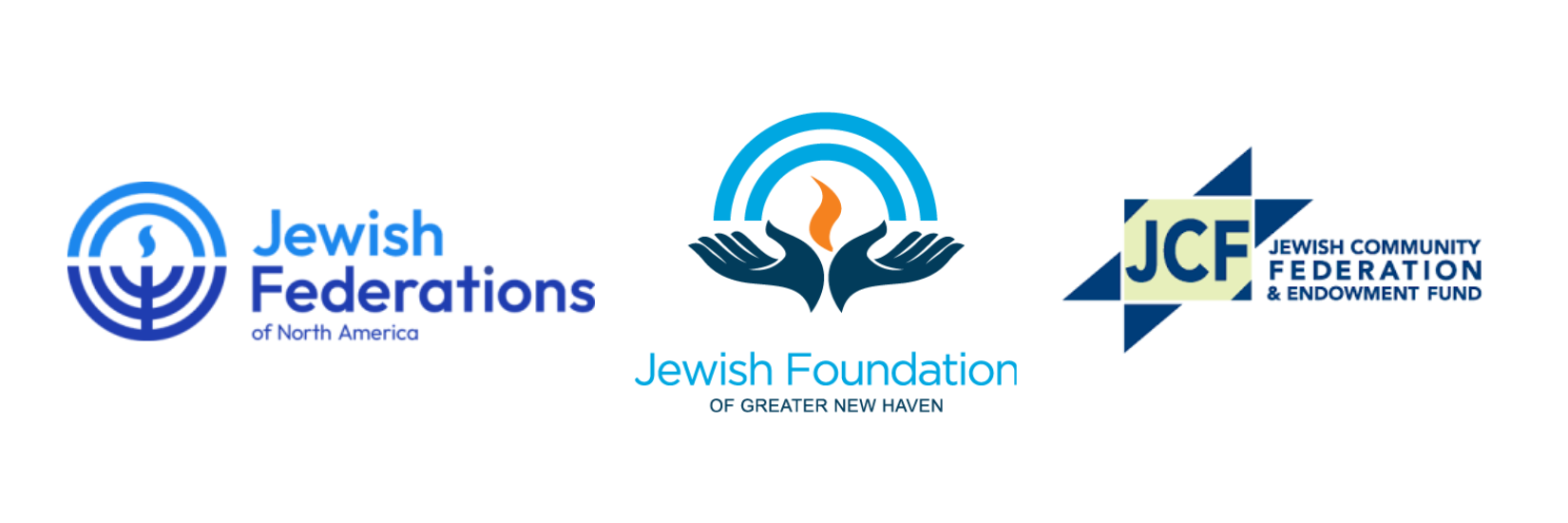
FAQ’S
1. Who benefits from the money that goes to CCI? Who are the borrowers? Capital loaned via CCI will go to Israeli small businesses, 98% of which have under 10 or fewer employees. Examples include a tourism and event production company whose events have been canceled following October 7th, and a café in Tel Aviv whose owners were called for reserve duty in the IDF. Case studies can be made available upon request via email
2. Why is this compelling? The collective response via CCI affirms that the North American Jewish community are still standing with our brothers and sisters in Israel and are attuned to the challenges they face. The employees of small businesses in Israel make up nearly half the entire Israeli workforce. Our investment via reputable and innovative Israeli social lenders will help Israeli small businesses survive an uncertain and precarious economy and continue providing meaningful employment to Israelis.
3. Can I make a grant to or an investment in CCI? What is a Recoverable Grant? DAF holders can make a grant to their sponsor organization (i.e. a Jewish federation, DAF
sponsor), and the sponsor will pool assets to make a recoverable grant to participate in the CCI Loan Pool. A recoverable grant is a distribution of charitable assets that includes the expectation of a return of granted capital after a certain period and/or certain conditions are met. Like other grants, the assets you recommend from your DAF for CCI
will be not be available for making other distributions or investments unless and until CCI grant payments are received by your sponsor organization and are returned to your DAF.
4. What’s the minimum per DAF to participate? Your sponsor organization will decide the minimum grant amount that they will accept from your DAF.
5. What’s the goal? Our goal is to raise $10M for the CCI Loan Pool, which is a small fraction of the demand that our lending partners expect to see in applications from Israeli small businesses.
6. Will this pay interest? Why is there a range of expected interest rates? Each CCI lender serves businesses of varying sizes, industries, and demographics, and each lender will
make agreements with the BAJF to pay interest a rate that fits their business model. Some lenders may repay loans with zero interest, others are expected to pay interest close to the rate charged by commercial banks, and still others pay somewhere in between. The Internal Rate of Return (IRR) over the course of CCI is expected to be between 1% and 3%. CCI is expected to return capital to your sponsor organization no earlier than the 5-year term of the loans to the Israeli lenders within the pool. Your sponsor organization will determine its own timeline and process for repaying DAFs that issued recoverable grants for CCI.
7. Is there a risk to participating in CCI? What’s the likelihood of repayment? Since 2019, the BAJF has deployed more than $56M in impact investments, predominately in the form of loans with a focus on capital preservation and return of principal. CCI follows this model in partnership with JFNA, which is providing a philanthropic “first-loss” cushion that could help cover the volume of loan defaults expected in a challenging Israeli economy.
a) BAJF’s due diligence process involved engaging an experienced Israeli consulting firm (need link) to evaluate risk scenarios to increase the likelihood of repayment. BAJF cannot, however, guarantee repayment of the recoverable grant and donors should be aware there will be no liquidity for making other distributions or investments unless and until recoverable grant payments are returned.
8. How do you select which Israeli lenders to partner with as part of CCI? How are lenders evaluated? The BAJF has sole discretion over the selection of borrowers from the CCI
Loan Pool. The same Israeli lenders that were selected as recipients from JFNA’s Israel Emergency Loan Fund were evaluated by a third-party investment consultant in Israel to
assess a) the risk of repayment, and b) the social impact of a possible investment by CCI. As part of this due diligence process, each lender provides access to their books
and details of existing public and private partnerships. This allows the consultant to forecast what level of default by the lenders’ small-business borrowers would result in a
loss of capital returned to the CCI Loan Pool. Social impact is represented using the Five Dimensions of Impact methodology developed by the Impact Measurement Project.
9. What kind of reports or updates can we expect to receive about CCI? Reporting on the financial standing and social impact of CCI will be provided to sponsor organizations on an annual basis.
WHAT IS A RECOVERABLE GRANT?
Leveraging an Established Impact Investing Platform
Since 2021, BAJF has invested in leading social impact lenders in Israel including Ogen and KIEDF through its Impact Lending program. To date, BAJF donor-advised funds have collectively loaned close to $56M for impact including $4M in Israel to support small and micro businesses. These loans maximize philanthropic impact while earning concessionary returns, and at the end of the term, the capital is returned to the funds to be used again. This capital recycling multiplies impact by making the same money available again for future charitable purposes.
CCI SMALL BUSINESS LOAN POOL PROPOSED TERMS
- Geographic focus Israel (with focus on the North and South)
- Community focus Small Businesses impacted by the war
- Impact focus Helping this vital part of the Israeli economy survive the current turmoil and economic conditions
- Asset class Fixed Income
- Vehicle Recoverable Grant
- Loan Partner(s)
- Loan term 5 years
- Expected return (net) 1-3%
- Repayment schedule Interest and principal paid at the end of the term
In 2024, the Jewish Foundation of Greater New Haven distributed
